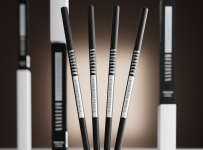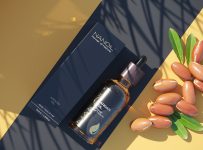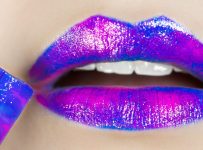![]()
The most controversy in the Internet was caused by hair cosmetics with greater or lesser content of silicones. It is mistakenly believed that every silicon is bad, because that is what we read on an immense number of blogs. Almost all of them warn us against silicones and recommend to avoid them at any cost. However, some of these substances are not harmful to hair at all, on contrary it can even help them. Is it worth to buy hair serum with silicones? Today we dispel all mistaken opinions about hair serum with silicones!
Hair serum is most of all meant to provide deep nourishment, regeneration and protection for hair. This solution is much better than hair conditioner, which properties are perhaps immediate, but also disappear fast enough. The effect after use of hair serum is long lasting and no silicon can change that. Nonetheless, manufacturers are quite reluctant of admitting that their product consists of silicones in the composition and we need to look for this information on our own. If we had greater knowledge about these substances, such hide and seek game would not be necessary.
Currently present in many hair serums silicones are synthetic organosilicon compounds. There is no need to go into the scientific details about silicones, because this is not what matters, as the cosmetology claims. What’s important is that silicones are hydrophobic, non-flammable or heat resistant. This means that silicones in hair serum protect against excess humidity and harmful properties of high temperatures. No wonder, that it is recommended to use silicon hair serum for example to protect hair ends against damages or as a protection in thermal stylisation.
Not all hair serums contain silicones, and even if so, then they are not all the same. There are few types of silicones, but basic division can help to shed some light on the situation. In hair serum are present following silicones:
- dissoluble in water (the safest, absolutely harmless),
- not dissoluble in water, but easy to remove with mild detergents,
- not dissoluble in water and difficult to remove with mild detergent,
- requiring heavy detergents to remove (the most dangerous),
- volatile, which evaporate on their own after some time.



Leave a Reply